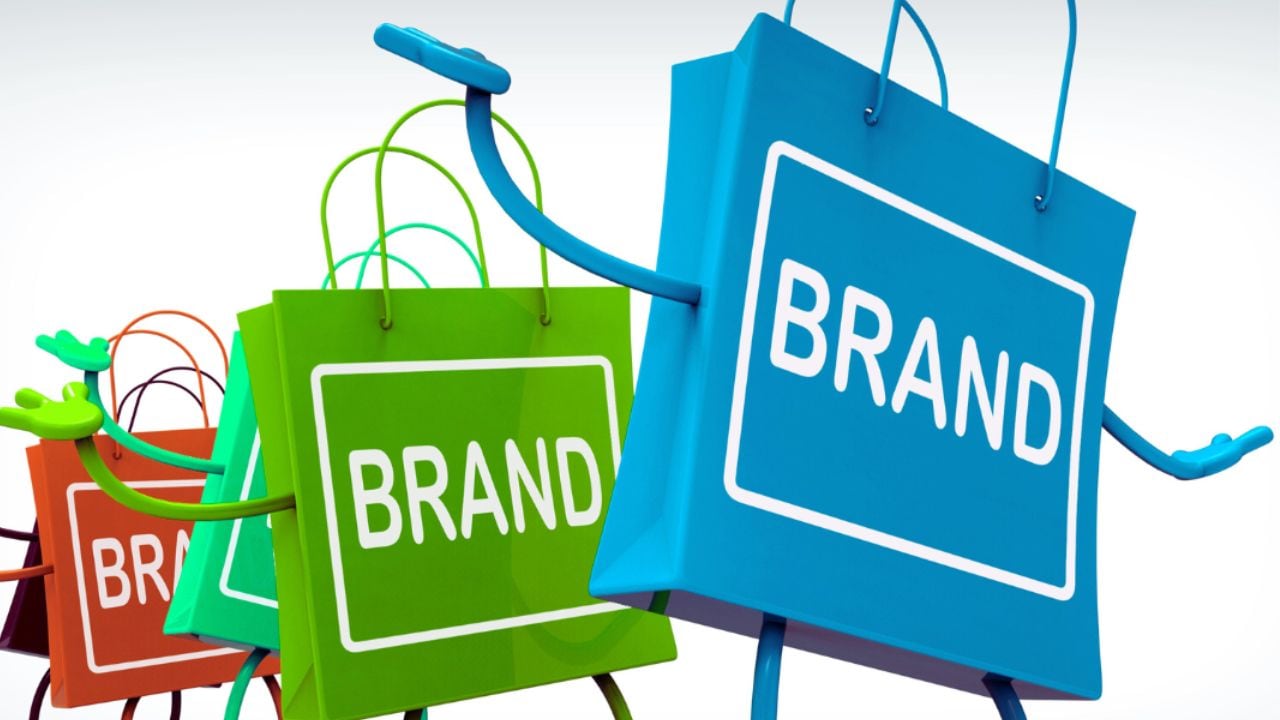Businesses and brands that fail to reconcile meeting consumer needs with contributing to wider society risk eroding consumer trust and sacrificing long-term growth, according to a new study by Conran Design Group. To achieve sustainable growth, the study argues that brands must strengthen their connection to both people and society. This means finding an approach that aligns individual consumer needs with the broader expectations of society.
“In today’s competitive landscape, the most successful brands are those that can bridge these gaps – connecting purpose with profitability, and social impact with commercial success,” said Thom Newton, Global CEO, Conran Design Group.
The study surveyed 7,000 consumers and 230 brand leaders, senior marketers, and investors of blue-chip organisations from the UK, US, South America, Europe, the Middle East and Asia to gauge expectations and perceptions of brands.
The report found that brands find themselves in a difficult position, in economically challenging and politically polarising times, they must also fulfill societal obligations to create a more sustainable, inclusive and accessible world.
The findings of the independent study revealed a significant disconnect or “connection deficit”, between brands and consumers. Three key drivers were identified:
– Conflicting Priorities: Leaders are struggling to reconcile individual consumer needs with society’s broader expectations. 85% of investors and 82% of marketing leaders say brands are finding it difficult to balance people, planet, and profit while maximising shareholder value. Meanwhile, 65% of consumers believe companies are still not doing enough for society and the environment.
– The Action Gap: Despite increasing pressure to act, 81% of investors and 71% of marketing leaders say that many brands’ efforts on sustainability, inclusivity, and social impact lack real-world impact. As a result, 71% of consumers feel forced to choose between quality/price and sustainability, creating an unwelcome trade-off. 75% of consumers agree that price ultimately wins—a clear survival strategy in difficult times.
– The Belief Disconnect: Consumers are growing increasingly sceptical of and fatigued by corporate storytelling. 69% say they are more likely to buy from brands promoting social and environmental good, however, 56% believe brands spend too much time talking about it (up from 47% in 2024), and 68% are sceptical of the claims being made.
“The current disconnect between brands and consumers is contributing to consumer fatigue and distrust – highlighting the urgent need for brands to rebuild authentic connections to drive long-term growth,” said Thom Newton, Global CEO, Conran Design Group.
‘Citizen brands’ outperform their peers
According to research and analysis carried out in 2024 and 2025 (and supported by Havas’ digital and business transformation consultancy Gate One), brands able to bridge the gap and balance connections between profit, people and planet outperform their peers across several key growth metrics.
Citizen brand companies outperformed peers by 37% in revenue growth over the last three years. The top citizen brands increased their equity price by 93% compared to 17% for peers over the last five years. In addition to this, exemplary citizen brands commanded higher brand perception and reputational growth, top citizen brands were regarded positively by the public (58%) versus poor performing companies (28%).
As employers, the top citizen brands rated highly as organisations that people are proud to work for (47%) versus non-citizen brands (16%). The top citizen brands generated higher consumer purchasing intent – 47% compared to just 18% for poor performing brands.
Tim Parker, Brand Strategy Director, Conran Design Group, commented, “Brands are facing an existential crisis as they struggle to balance growth ambitions with the rising expectations of consumers and society. In an era of inflation, climate change and political division, consumers increasingly seek brands that align with their personal needs and values. However, a ‘connection deficit’ – the gap between what brands promise and what they deliver – is fueling consumer fatigue and disillusionment, especially as some companies scale back sustainability and DE&I.”
“Those that successfully bridge the connection divide are those that align with what we’ve identified as six key growth levers – Betterment, Originality, Reliability, Inclusivity, Environmentalism and Contribution – balancing the needs of consumers with wider societal expectations,” added Tim Parker. “These companies are gaining a significant competitive advantage, proving that connection is the new currency for growth in uncertain times.”
